A Comprehensive Guide to the Welsh Terrier
The Welsh Terrier, a spirited and often overlooked breed, boasts a rich history and a personality that is as captivating as its striking appearance. Originally bred for vermin control and badger digging in the rugged Welsh countryside, this little powerhouse continues to charm dog lovers seeking an energetic, intelligent, and devoted companion. This guide explores every facet of the Welsh Terrier, from its origins to its specific needs, ensuring prospective owners are well equipped to provide a fulfilling life for this remarkable breed.
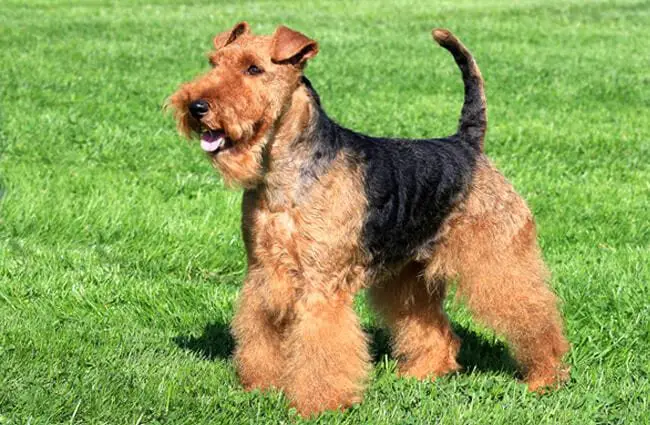
History and Origins
The Welsh Terrier’s roots are deeply intertwined with the history of Wales. These terriers were developed over centuries by Welsh farmers and quarrymen who needed a versatile working dog. They weren’t just ratters; they were expected to hunt fox, otter, and badger, often working alongside larger terriers. The breed’s development occurred largely in isolation, contributing to its distinct characteristics. Early ancestors included the Old English Black and Tan Terrier, and perhaps some influence from the now extinct English White Terrier. Formal breed clubs and standardization began to emerge in the late 19th century, solidifying the Welsh Terrier as a recognizable breed. Their ruggedness and hunting prowess were highly valued, and they were prized for their fearlessness and determination.
Physical Characteristics
Welsh Terriers are compact and well balanced. They typically stand between 15 and 16 inches tall at the shoulder and weigh between 20 and 22 pounds. Their coat is dense, wiry, and weather resistant, crucial for their original working environment. The traditional color is black and tan, though shades can vary. A distinctive feature is their eyebrows, a lighter coloring above the eyes that gives them an expressive and inquisitive look. The Welsh Terrier possesses a strong jaw, indicating their tenacious nature, and a well-proportioned head. Regular grooming is essential to maintain the coat’s texture and prevent matting. Many owners opt for hand stripping, a specialized grooming technique that removes dead hair and maintains the wiry texture.
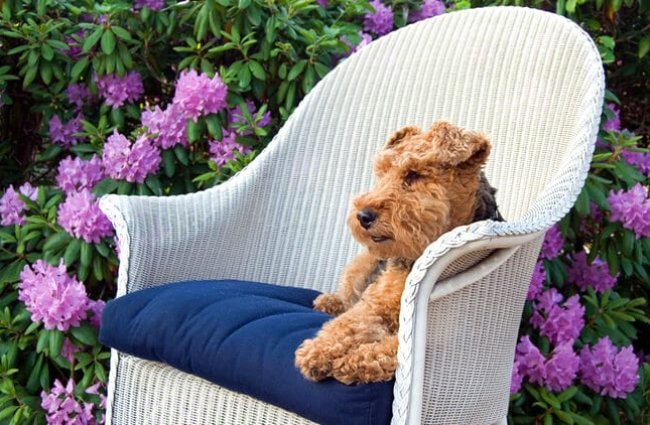
Temperament and Behavior
The Welsh Terrier is known for its bold, playful, and affectionate temperament. They are intelligent and eager to please, but also possess a strong independent streak. This combination means they respond well to positive reinforcement training methods, but require consistency and patience. They are energetic dogs that need plenty of exercise and mental stimulation to prevent boredom and destructive behaviors. Welsh Terriers are generally good with children, especially when raised with them, but supervision is always recommended due to their high energy levels. They can be reserved with strangers, a trait stemming from their original purpose as working dogs, but are fiercely loyal to their families. Early socialization is crucial to ensure they develop into well adjusted and confident companions. Their playful nature means they enjoy games like fetch, tug of war, and puzzle toys.
Caring for a Welsh Terrier
Providing a happy and healthy life for a Welsh Terrier requires attention to several key areas. Exercise is paramount. Daily walks, runs, or play sessions are essential to burn off their energy. Grooming, as previously mentioned, is crucial, with regular brushing and occasional hand stripping or professional grooming. Diet should be high quality and appropriate for their age and activity level. Welsh Terriers can be prone to skin allergies, so a diet rich in omega fatty acids can be beneficial. Training should begin early and focus on positive reinforcement. Consistency is key to establishing good habits and preventing behavioral problems. Regular veterinary checkups are essential for maintaining their overall health.
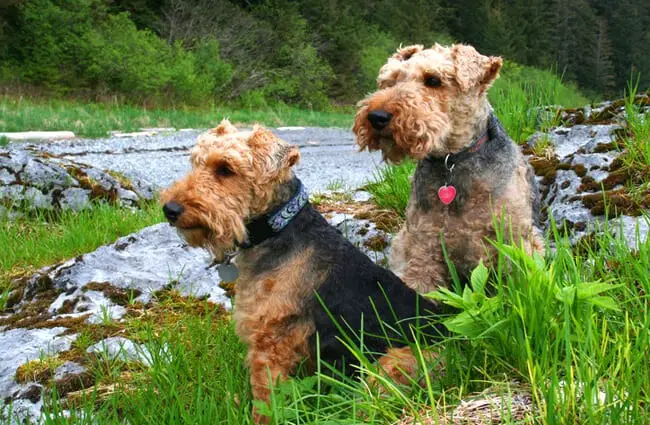
Health Considerations
While generally a robust breed, Welsh Terriers can be prone to certain health conditions. Primary lens luxation, a condition affecting the eye, is relatively common and can lead to blindness. Responsible breeders screen their dogs for this condition. Glaucoma and cataracts are also potential concerns. Skin allergies and dermatitis can occur, often manifesting as itching and inflammation. A hypoallergenic diet and regular grooming can help manage these conditions. Adrenal gland issues have been reported in some Welsh Terriers. Regular veterinary checkups and early detection are crucial for managing any health concerns. Responsible breeding practices play a vital role in minimizing the incidence of genetic health problems.
Welsh Terriers as Family Pets
The Welsh Terrier can make an excellent family pet for the right household. They are playful, affectionate, and intelligent companions. However, they are not a breed for everyone. Their high energy levels and independent streak require a dedicated owner who is willing to provide plenty of exercise, training, and mental stimulation. They thrive in active households where they can participate in family activities. Their protective nature means they can be wary of strangers, so early socialization is crucial. With proper care and training, a Welsh Terrier can bring years of joy and companionship to a loving home. They are known for their spirited personalities and their ability to bring a smile to the face of those who know and love them.
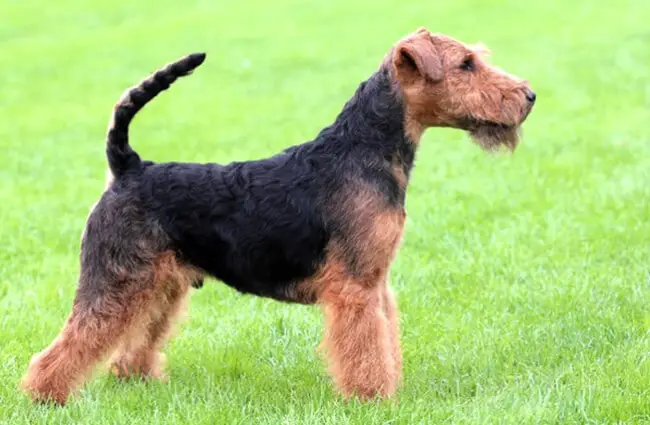
Advanced Considerations for the Breed Enthusiast
Beyond basic care, understanding the nuances of the Welsh Terrier’s temperament and breed specific traits can enrich the ownership experience. The breed possesses a strong prey drive, a remnant of its hunting heritage. This can manifest as a tendency to chase small animals, so secure fencing and careful supervision are essential. Their intelligence means they require consistent mental stimulation. Puzzle toys, trick training, and interactive games can help keep them engaged and prevent boredom. Welsh Terriers can be sensitive to harsh correction, so positive reinforcement methods are crucial. Understanding their body language and recognizing signs of stress or anxiety is important for building a strong bond. Participating in dog sports such as agility, obedience, or earthdog can provide a constructive outlet for their energy and intelligence.
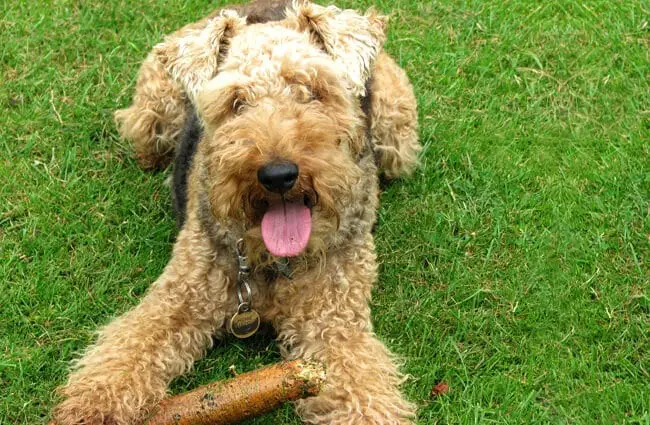
In conclusion, the Welsh Terrier is a remarkable breed with a rich history, a spirited personality, and a loyal heart. While they require a dedicated owner who is willing to meet their specific needs, the rewards of owning a Welsh Terrier are immeasurable. They are playful, affectionate, and intelligent companions who will bring years of joy and laughter to a loving home. For those seeking an energetic and devoted companion, the Welsh Terrier is a breed worth considering.

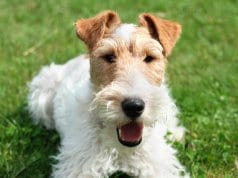
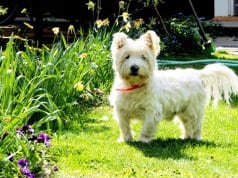


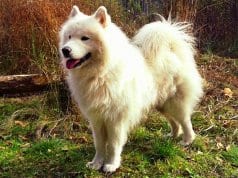
![Red Angus Closeup of a beautiful Red Angus cowPhoto by: U.S. Department of Agriculture [pubic domain]https://creativecommons.org/licenses/by/2.0/](https://animals.net/wp-content/uploads/2020/03/Red-Angus-4-100x75.jpg)

